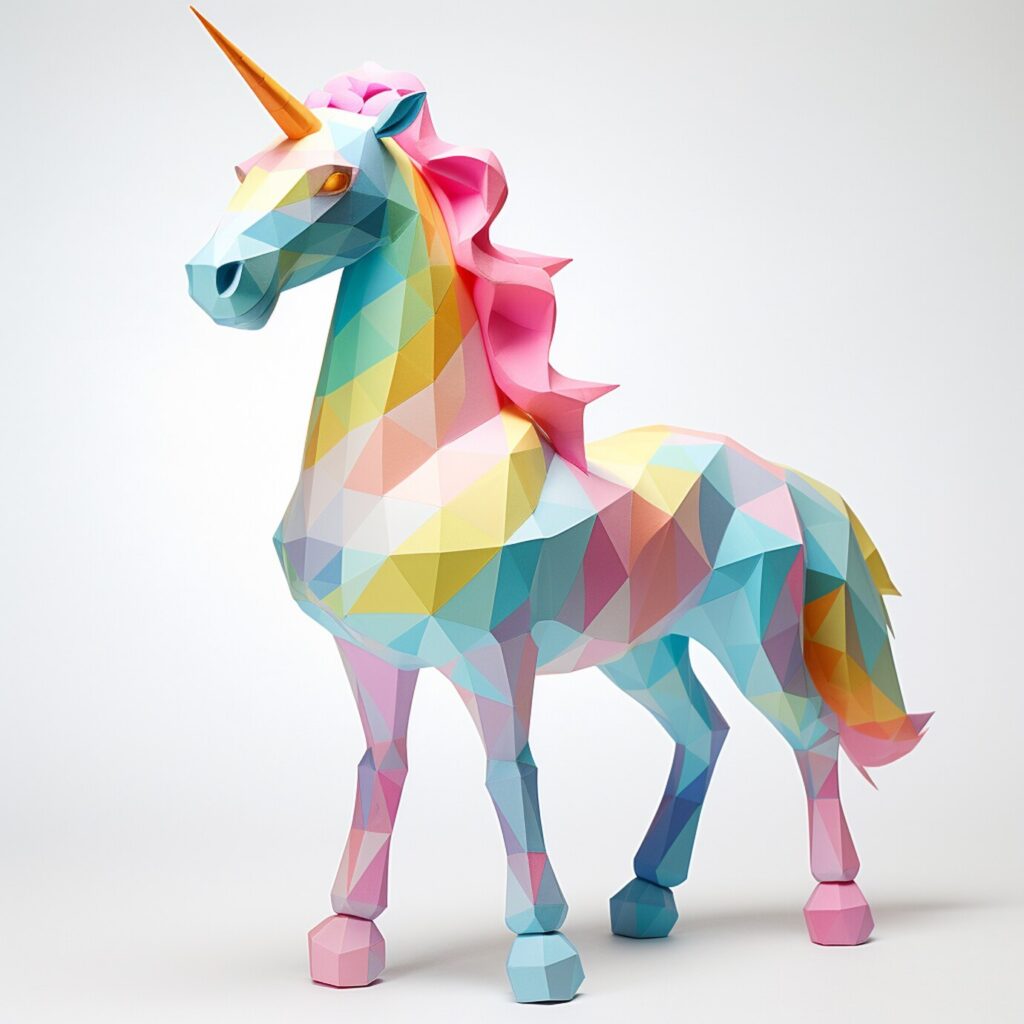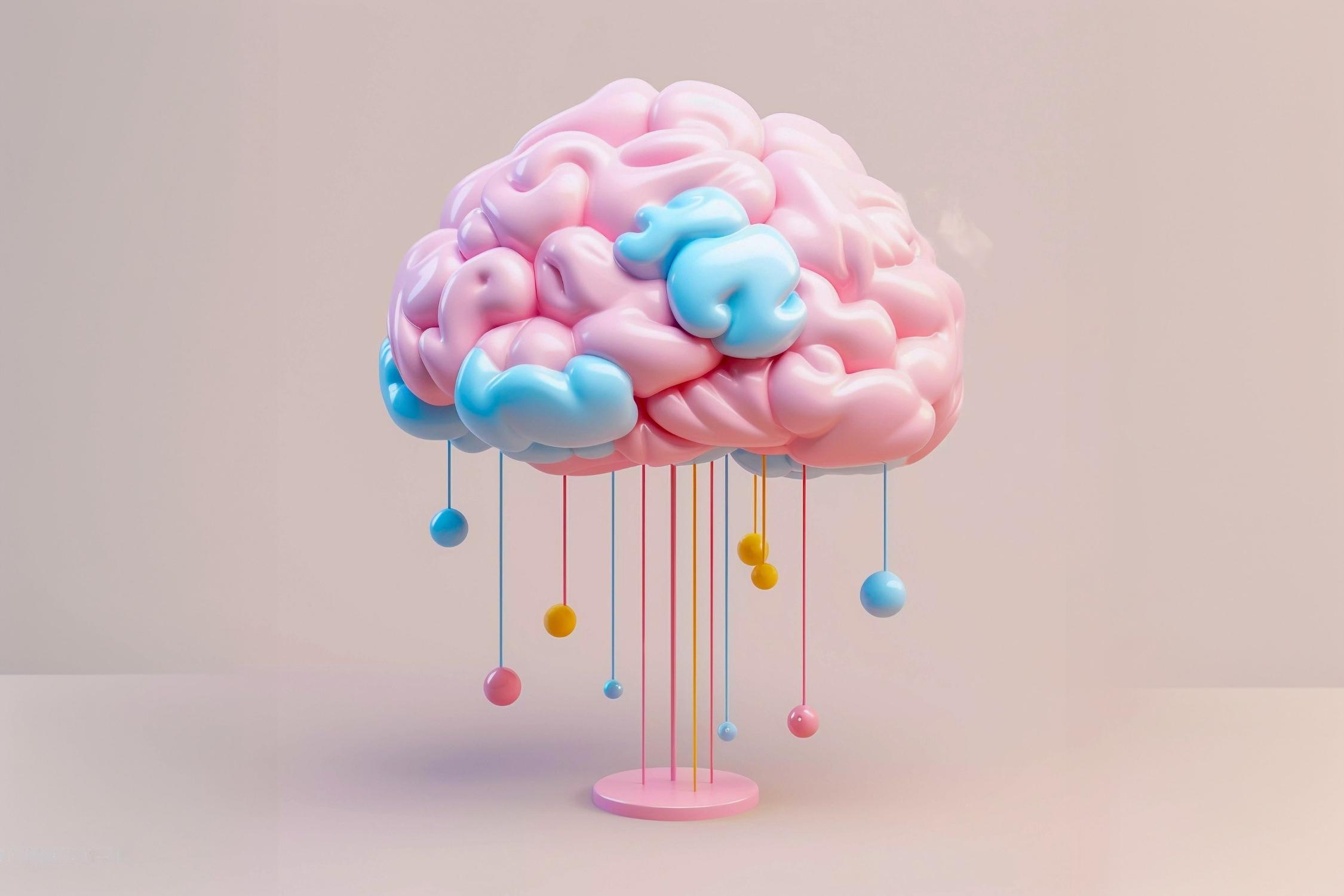The foundation of all religions

There was a time when I thought the idea of God was as laughable as a bearded figure floating in the sky. Raised on a diet of science and atheism, I wrote off all religions as mere superstitions, baffled by the billions who found comfort in what I saw as a collection of myths.
This perspective shifted dramatically after a psychedelic experience sparked a profound spiritual awakening within me, catalyzing my transition from atheistic skepticism to open-minded exploration. Guided by the wisdom of thinkers like Alan Watts, Rupert Spira, and Terence McKenna, I delved deeper into various religions and discovered a recurring theme — the existence of an infinite consciousness.
In a previous article, I explored this concept philosophically. Now, I intend to dive deeper, investigating this universal truth through the lens of religion.
Religion, particularly in the West, is often viewed negatively, perceived as a breeding ground for irrational beliefs. This perception leads many to dismiss it prematurely. However, I’ve come to understand that outright rejection of religion is as unproductive as blindly adhering to its dogmas. There’s wisdom within religious teachings; paradoxically, those most dismissive of religion may be the ones who stand to benefit the most from its teachings.
The Truth of Infinite Consciousness
Let’s start with an incontrovertible truth — one that is echoed through all religions: the truth of an infinite consciousness.
Consider your sense of self, composed of your memories, thoughts, emotions, motivations, likes, and dislikes. Imagine peeling away these layers, much like what happens during a deep meditative state. What remains?
At our core, we are pure awareness – untainted, boundless, and unlimited. This is what some might call ‘God,’ others the ‘Universe,’ or ‘Consciousness.’ In experiencing the world, this infinite consciousness adopts our finite ‘I’ form, utilizing our bodies as a vehicle. Though we perceive ourselves as separate individuals, we are all expressions of this universal consciousness, created to experience the world subjectively.
Does this sound somewhat implausible? Anyone can verify this truth of an infinite consciousness by investigating their own nature. Methods such as deep introspection, meditation, prayer, psychedelics, breathwork, or lucid dreaming can provide glimpses of this boundless consciousness.
These glimpses were termed ‘peak experiences’ by renowned psychologist Abraham Maslow. He described them as instances when “The universe is perceived as a unified whole… and the person is flooded with feelings of wonder, awe, joy, love, and gratitude.”
But these peak experiences are transient. To integrate this profound truth into our daily lives requires a long, introspective journey – a path I am only starting to walk. Despite their flaws, religions can potentially offer a roadmap to the integration of this knowledge
Religion's Genesis: Rooted in an Infinite Consciousness
As argued by Maslow, religion is actually rooted in ‘peak experiences’. These profound encounters reveal the truth of an infinite consciousness.
Thousands of years ago, mystics, yogis, Zen masters, and significant religious figures like Jesus and Buddha, had these experiences.
The enlightened ones attempted to share these experiences, but the ineffable nature of these insights made them impossible to express in words. It’s akin to trying to explain color to someone who’s colorblind – it must be personally experienced.
So, to distribute this wisdom on a mass scale, it got transformed into a belief system, which, by its nature, distorts the truth.
As this wisdom was passed down, several distortions occurred:
-
-
- Different aspects of the experiences were emphasized based on personal importance
- The wisdom mixed with specific cultural beliefs and ideas
- Those who didn’t fully grasp the concept introduced their own interpretations, adding a layer of mystery
-
All major religious texts still carry hints of this concept of infinite consciousness:
Christianity: “I and my Father are one.” (John 10:30)
Islam: “La ilaha illa la –’There is no God but God’” Islam suggests that no separate entity truly exists outside of God’s infinite, self-aware being
Judaism: “Ein Sof,” a Kabbalistic term referring to the infinite, endless divine entity
Hinduism: “Just as a drop of water contains the same properties as the vast ocean, the individual soul (Atman) mirrors the divine qualities of the universal consciousness (Brahman).” This analogy encapsulates the unity of the microcosm and the macrocosm
Buddhism: Suggests that Nirvana (state of ultimate bliss) and Samsara (our cycle of birth and death) are the same
The Modern State of Religion
Despite the profound truth of an infinite consciousness present in their origins, most modern religions, particularly Western ones, seem to have drifted from this understanding due to several shortcomings:
-
-
- Believing vs Knowing: Many religions often demand belief rather than promoting personal understanding or knowledge. As Alan Watts describes, “The religious idea of God cannot do full duty for the metaphysical infinity.” Thus, understanding requires experience, not merely belief.
- External God: Many religions depict God as a separate, unknowable entity that we strive to reach. Yet, this is paradoxical when compared to the view of God as infinite. For if God is infinite, it cannot exist as a separate entity that we can approach; rather, it must be the essence of everything, including us.
- Overemphasis on Symbols and Rituals: Religious practices often place greater importance on rituals and symbols than on genuine spiritual experiences. While these rituals can foster a sense of community, rigid adherence to them can obstruct meaningful spiritual growth.
-
These flaws have led to:
Tribalism/Dogma: When religious leaders lack personal peak experiences, orthodoxy can become an end in itself, leading to division and ideologic conflicts
Disenchantment of the West: Many young people, feeling alienated by the rigid structure of organized religion, are exploring alternative paths. These alternatives, including Eastern religions and psychedelics, offer a closer connection to spiritual truths
Religions should encourage peak experiences, personal discovery, and self-inquiry. Instead of blind adherence to dogma, religions could promote practices like meditation and prayer as paths to self-discovery, echoing the core message: look inward, perceive the unity, and experience the infinite.
What We Can Learn From Religion
Despite potential distortions, religion can serve as a positive influence by:
Providing Perspectives on the Infinite: Different religions provide unique lenses through which we can examine the profound truth of an infinite consciousness. We should feel empowered to embrace aspects that resonate with us, rather than subscribing unquestioningly to an entire faith system. For me, Hinduism offers the most resonant lens for exploring this infinite consciousness
Guiding Principles for Life: Many religions present principles echoing this profound truth, offering guidance for daily life. Buddhism, for instance, functions more as a philosophy than a dogmatic belief system, proposing ways of life centered on living in the present and finding contentment in our current circumstances. It sees happiness not as a pursuit, but as a state accessible regardless of our circumstances, a principle embodied in the practice of meditation. This understanding can stabilize our moods, assist in navigating life’s highs and lows, and guide us towards equanimity.
The Meaning of Life
At our core, we are a boundless entity, made up of pure love. However, as this consciousness takes physical form, it loses touch with its inherent bliss, sparking a longing to reunite with its unlimited nature – a journey commonly referred to as the pursuit of happiness.
Many of us grapple with a persistent sense of something missing, an existential void. We usually try to fill this void with material possessions, pleasurable experiences, and desired mental states. Our modern culture encourages these tendencies, offering a multitude of ephemeral pleasures, from the allure of social media to rampant materialism.
However, seeking happiness in fleeting pleasures only leads to emotional instability and a never-ending cycle of desire and dissatisfaction.
So, where does true fulfilment lie? I propose three paths:
First, through introspection, growth and creation. There’s an inherent sense that consciousness creates and experiences with the aim of learning and evolving. By exploring our inner self and consistently striving for self-improvement – physically, mentally, intellectually, and spiritually – we can progressively grow. With this personal growth, we then should aim to better the world and contribute something to the stream of human consciousness.
Second, by living with unconditional love and emitting positive energy into the world; you are the universe and every action you take reverberates throughout reality in more ways than are immediately perceptible.
Third, by living in the now without attachment. The only true constant is impermanence. In acknowledging this, we find liberation in letting go, embracing the fleeting nature of existence and deepening our engagement with the present moment.
I believe that we aren’t isolated individuals, but interconnected threads of a grand cosmic tapestry, spun from consciousness itself. Embracing this shared, infinite consciousness will guide us toward both inner peace and global unity.

Stay connected
Join me on my journey and follow along as I build beautiful things! Just enter your email below to receive occasional updates on my progress 🙂


